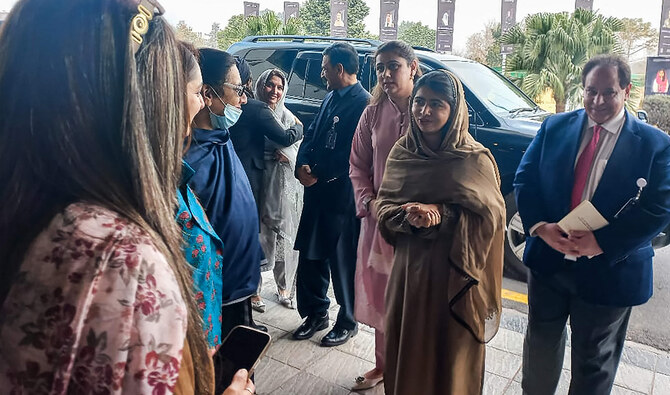ISLAMABAD: Pakistan and the United Nations have agreed to strengthen cooperation to prevent Acquired Immunodeficiency Syndrome (AIDS) from spreading, state-run media reported on Tuesday, with both sides also exploring the possibility of employing religious scholars to raise awareness about the disease.
HIV (human immunodeficiency virus) attacks and destroys infection-fighting CD4 cells (CD4 T lymphocytes) of the immune system, while AIDS is the most advanced stage of the disease. People with HIV who are not on medication and lack consistent control of the virus can transmit it through sexual intercourse, sharing needles, pregnancy, and breastfeeding. However, if HIV is properly controlled, the risk of transmission is nearly zero.
Pakistan is the second largest country in South Asia, only behind India and Nepal, in terms of the HIV epidemic, according to the National Institute of Health. Despite many efforts, the HIV infection rate has increased significantly over the past few years in the country.
UN country director for AIDS, Trouble Chikoko, met with the Secretary of Religious Affairs and Interfaith Harmony Dr. Atta-ur-Rehman in Islamabad to discuss the various ongoing programs to curb the disease.
“Pakistan and the UN have agreed to enhance cooperation to curb the spread of AIDS,” Radio Pakistan said. “Chikoko said scholars and religious schools can play a positive role in raising awareness about AIDS prevention among the public.”
During the meeting, Rehman stressed the need for cooperation with relevant UN agencies and other partners to prevent AIDS, polio and other diseases from spreading across the country.
Pakistan’s National AIDS Control Program, established in 1986-87 aims to prevent and control the disease. It has registered 72,515 HIV cases as of September 2024, with 49,939 individuals currently on Antiretroviral Therapy (ART) in 94 centers across the country.
According to the World Health Organization (WHO), since the start of the epidemic, 88.4 million people have been infected with HIV, and approximately 42.3 million have died from AIDS-related causes. By the end of 2023, an estimated 39.9 million people were living with HIV globally.
Around 0.6 percent of adults aged 15–49 are living with HIV, although the impact of the epidemic varies significantly across countries and regions.





















